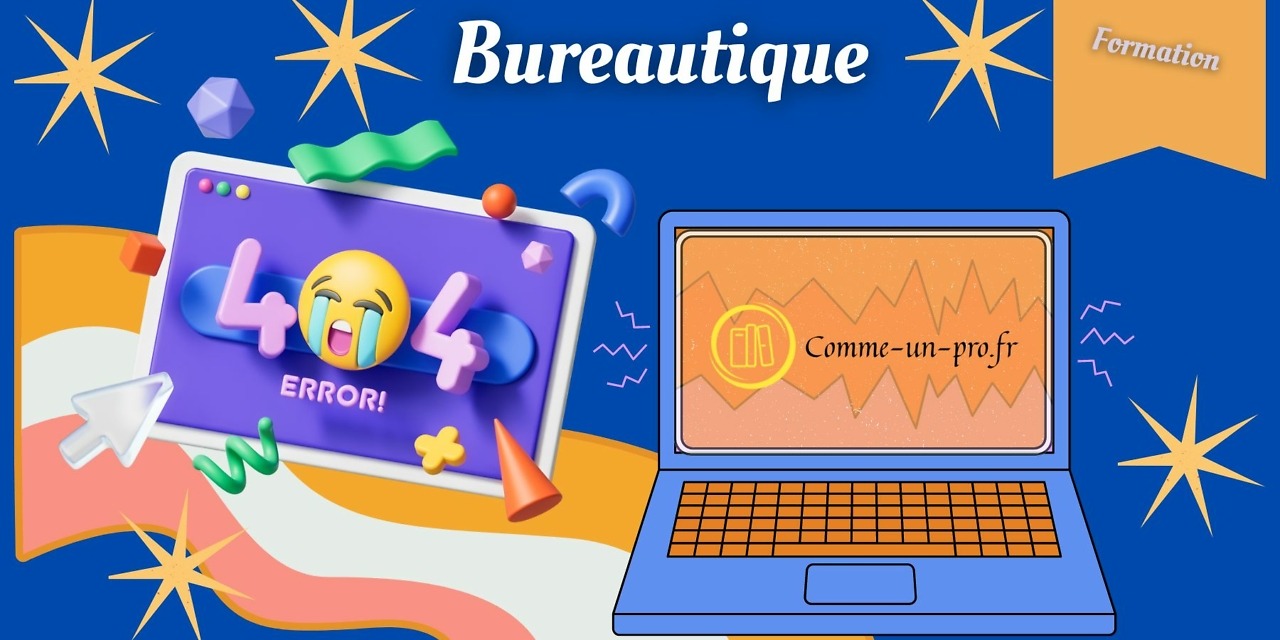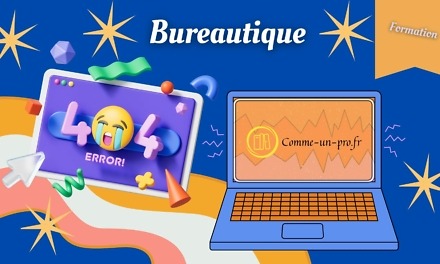My Google Activity and Minors
Children are spending more and more time online these days, raising concerns about their online privacy. Children's use of online services such as "My Google Activity" may also increase the risks to their online privacy. In this article, we'll look at how "My Google Activity" can affect the privacy of minors and what steps parents can take to protect their children online.
Privacy risks for minors online
Children are often targeted by online advertisers, who use their personal data to deliver targeted advertisements. Children can also be victims of cyberbullying, online harassment and other forms of online abuse.
Additionally, children may not fully understand the risks of disclosing their personal information, which may put their privacy at risk. “My Google Activity” collects information about children's online activities, which may expose their personal data.
It is important for parents to be aware of these risks and take steps to protect their children's privacy online.
How My Google Activity may affect the privacy of minors
“My Google Activity” is a service that allows Google to collect and record users' online activities, including searches, browsing history and application usage. This information may be used to personalize advertisements and search results for the user.
However, children's use of “My Google Activity” may increase their online privacy. For example, if a child searches on sensitive or personal topics, “My Google Activity” may record this information, which may endanger their privacy.
Moreover, “My Google Activity” may also share this information with third parties, such as advertisers, which may put the child's personal data at risk.
It is therefore important that parents take steps to protect their children's privacy online, including limiting the use of “My Google Activity”.
How to Protect Children's Privacy Online
There are several steps parents can take to protect their children's privacy online. Here are some of the most important measures:
- Use a browser with a private browsing mode or an ad blocker to limit the collection of personal data
- Limit the use of “My Google activity” or disable it completely
- Teach your child good online privacy practices, such as creating strong passwords and avoiding disclosure of sensitive personal information
- Use parental control software to limit access to certain sites or apps
By taking these steps, parents can help protect their children's privacy online. However, it is important to note that excessive supervision can also harm the parent-child relationship and the child's trust in parents.
Tips for parents to protect their children's privacy online
There are several tips parents can follow to protect their children's privacy online without harming their relationship. Here are some of the most important tips:
- Talk with your child about the risks of disclosing personal information online, but avoid scaring them or making them feel constantly watched
- Respect your child's privacy by monitoring only what is necessary and limiting the collection of personal data as much as possible
- Involve your child in the online privacy process, teaching them how to use parental control tools and be aware of online risks
- Use parental control tools sparingly and avoid using them to monitor your child's normal activities
- Be available to answer your child's questions about online privacy and to help them if needed
By following these tips, parents can protect their children's privacy online while maintaining a trusting relationship with them.


